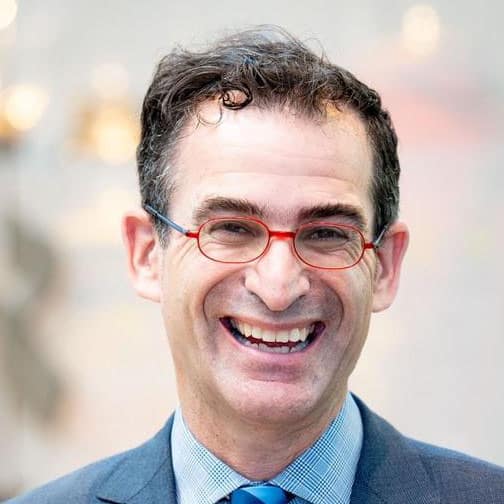
“Filtered or unfiltered?”
I paused for a moment in time before answering the barista. It wasn’t that I was deep in thought with regard to my coffee preference. But the question brought to the surface the state of world dialogue today.
In recent years, our proclivity to expressing thoughts with unfiltered honesty has shaken the paradigms of civilized discourse. We are “speaking our truths,” and “telling it like it is” without a consideration for how our words impact others.
But perhaps we just don’t care anymore. Perhaps we don’t believe it matters how our proclamations affect our neighbors, our family members, our co-workers, and our classmates.
Freedom of speech has been under scrutiny. Presidents of top Universities, students on campus, and protestors in our cities believe they can say whatever they want while protected by our Constitution. And while there may be a legal foundation to this, we are relinquishing our moral and ethical compass along the way.
I’m sure that lawyers far smarter than I can make an argument that calling for Genocide of the Jews is a protected right.
I’m sure that academics with greater intellectual breadth than I can build a case upholding the right to invite a Holocaust denier to speak on a college campus.
And I’m sure that political candidates with more impressive oratory skills than I can inspire crowds (to intimidate those with opposing views.)
And all this, all this is so very exciting and mobilizing and invigorating.
But they create headlines without offering a roadmap . And they spark controversy without encouraging dialogue.
The Talmud, complied in Babylon around 500 BCE during the time of the first Jewish exile from Israel, is Judaism’s incredible text of law that highlights rabbinic discourse and debate. There is a section focussing on “Lashon Hara” (the evil tongue) which teaches that our misguided words kill three people:
- The person we speak about (because we ruin their reputation).
- The person who is speaking (because we lower ourselves spiritually)
- The person who is listening (because their presence is giving us permission that all this is ok).
So … even if what we are saying is true, our purpose in sharing words doesn’t matter if it results in undo harm. Speaking our truth does not translate into creating a better society. If we want real change, we need to have conversations, not proclamations. And we need to have our radar on, to be open emotionally, and to be perceptive to those surrounding us.
My husband, Ron, reminds me often: “When we keep our mouths shut, we are the masters of our words. But once we let the words come out, they are the master of us.”
“Filtered” I responded to the barista. Studies actually have shown that filtered coffee is healthier for the heart. A parallel can be made that filtered speech is healthier for our society as a whole.























 More news and opinions than at a Shabbat dinner, right in your inbox.
More news and opinions than at a Shabbat dinner, right in your inbox.